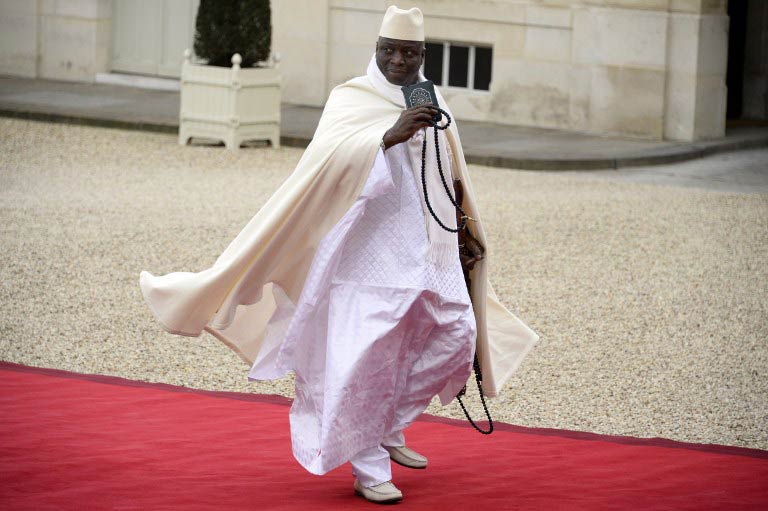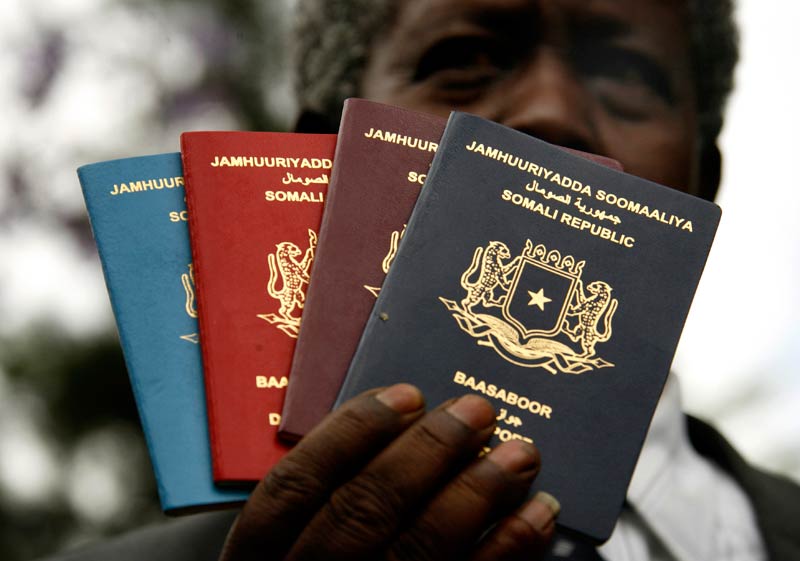There’s a trending joke in Ghana’s business schools today that goes like this: a Canadian investor who owns a call centre in Accra dialled his business all the way from Vancouver, only to be greeted with: “Holla client, I gotta take your call big big up ayew …”
Baffled by the lack of ‘standard’ English, the owner revealed his identity to his employee and threatened: “I gotta take your call big big up? Do you think I’m still going to invest in your country and guarantee your job?”
The call centre employee’s fun and flexible street English is a new form of the Queen’s English that can be heard in Accra’s bars, hotels, schools, taxis and airports. When describing your recent whereabouts you say: “Aye wiv been dere now now.” When friends are hungry you’ll hear whistles of “Chaley, you chop?” and replies like “No, I go weg small.”
This blended language known as Ghanaian English is “the final curtain on the voice of colonialism”, one student I spoke to boasted.
I once struck up a conversation with the receptionist at a local lodge I was staying at.
“Have you eaten yet?” I asked.
She merely sighed and replied: “No I eat after small small, sir.”
“Small small?”
She shrugged and explained: “I simply mean I’ll eat when I show you your room.”
This increasing desire by young Ghanaians to ‘modify’ the Queen’s English has sparked a debate between conservative old Ghanaians and the street-savvy, upwardly mobile youth.
On one end lie the young, hip and patriotic who are busy inventing a new slang vocabulary. If you hear tax vendors saying “go quench”, they mean “die”. When you eavesdrop on hippie girls in a bank queue saying “wack, garl”, what they mean is “eat, girl.” If you spot a high school chap bitterly complaining that “I was held in a go-slow, man” he means he was caught in a traffic jam.
On the other extreme are old-school die-hard Ghanaians, usually Oxbridge-educated, who equate speaking with a proper London or ‘BBC’ accent with status and education. This group heaps derision and insults on the youth who’ve adopted the ‘lafa’ (locally acquired foreign accent).
But Ghanaian youth are proud of the lafa. Some may be Akan (a language spoken in South Ghana) speakers but they also don’t want to sound too ‘Londonish’ when they speak English. A variety of English exists in the UK itself, they attest. “You don’t expect [to hear] the same English in Aberdeen, Wales and Ireland,” a hippie college major scrolling through her iPad in an Accra boutique tells me. “Just observe the thick Yorkshire accent in Ian Rankin novels.”
Speaking English with an Oxbridge accent carried prestige for almost half a century after Ghana’s independence in 1960. Now, young Ghanaians are beginning to embrace Ghanaian English. These adventurous linguists claim that Ghana has outstanding achievers in chemistry, diplomacy, tourism, law or education who’ve never stepped a foot outside the country’s borders. They say that former UN chief Kofi Annan speaks fluent Ghanaian English on the international stage but is easily understood from Syria to Venezuela to Scotland.
The traditionalists, however, argue that while Kofi Annan speaks with a Ghanaian accent, his use of English grammar is perfect and, as far as they recall, they’ve never heard him addressing the UN General Assembly in “pidgin Ghanaian English”.
This generation of young language inventors have been spurred further by an explosion in technology, music and movies. In the past, many Ghanaians pop singers mimicked Madonna, Tupac or Beyoncé. Now a new brigade of local artists wearing Ghanaian name tags and brands have come to the fore. “The idea is to mix western music styles with our Accra accents and rhythms for a home audience,” explains Pio Fawcett, a local DJ.
This infatuation with a localised version of English is not unique to Ghana. Long back, our West African neighbours from Nigeria and Sierra Leone eased into speaking English on the international stage with a heavy local accent. Nigerians call it Pidgin English while Creole English is synonymous with Sierra Leone.
To douse fierce criticism from the educated Ghanaian elite that they’re diluting the Queen’s language, the youth argue that Ghanaian English unites the country. “We’re not watering down the Queen’s language,” explains Ammond Kotto, a dental science graduate who’s returned from studying in London. “Look at Israel. It was a disparate country of refugees coming from all corners of the globe until Hebrew became the common denominator that made it a nation.”
Language purists in Ghana further argue that English is the mainstay of the internet and global commerce, and any country that waters it down will be sidelined. Ammond is quick with his rebuttal. “Do you mean China, a non-English speaking country, is left out of global commerce?” he asks.
Whatever the merits or demerits of this slang, speaking grammatically correct English with a Ghanaian accent is fine by me. However, “I eat after small small” is going too far down the Ebonics road.
Kingston Ayew is a Ghanaian living in Accra.





